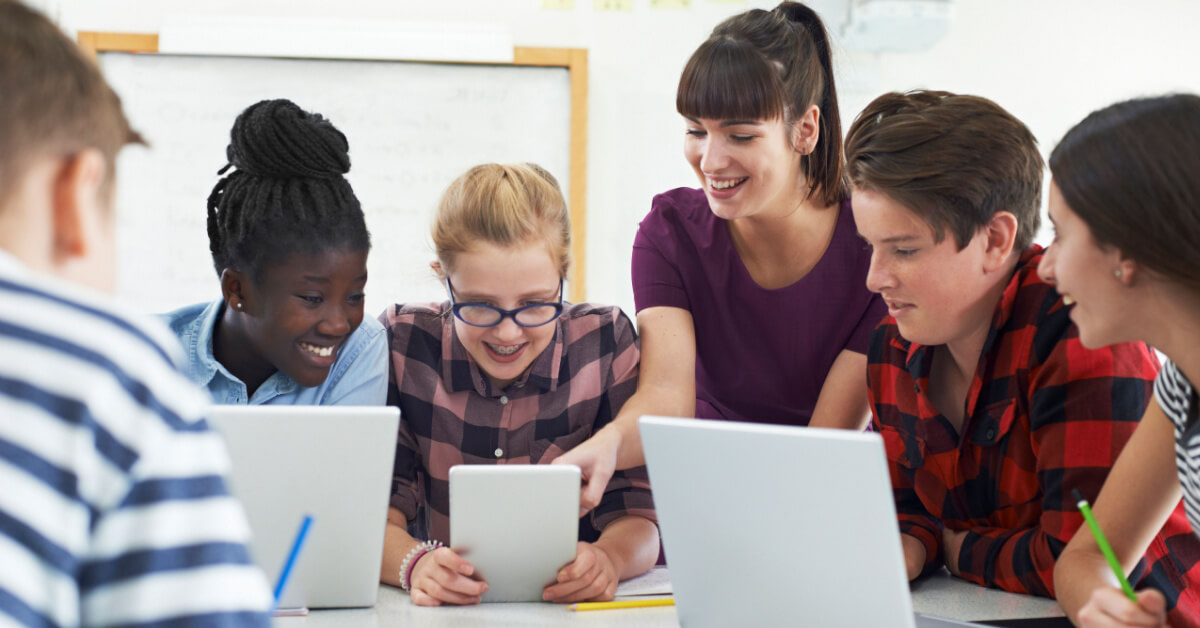March 27, 2023
The other day I talked with a parent who was lamenting how much time her children spend on screens at school. They are in an excellent school—the kind of place celebrated for student-teacher relationships—and the use of technology is presented as an opportunity for personalized learning: the online phonics tutor helps each child with the sounds she specifically struggles with; the online math practice program allows her son to be tackling problems way beyond his peers, but without having to manage the social dynamics of doing so. Technically, the technology is delivering a learning experience that a teacher cannot: the teacher can’t differentiate phonics or math problems for all twenty-eight students simultaneously.
And yet, although grateful for the efforts at personalized learning, this mother said: I just hate the idea that I’m sending my kids to school—where they are surrounded by bright, diverse peers and gifted teachers—to sit on screens. It feels almost like parallel play.
She has a point.
From a teacher’s perspective, I get it—and I did it. When I taught Humanities, I swore by Membean: an adaptive, gamified, platform for teaching vocabulary—or rather, “building word consciousness”. Membean made it so I never…

